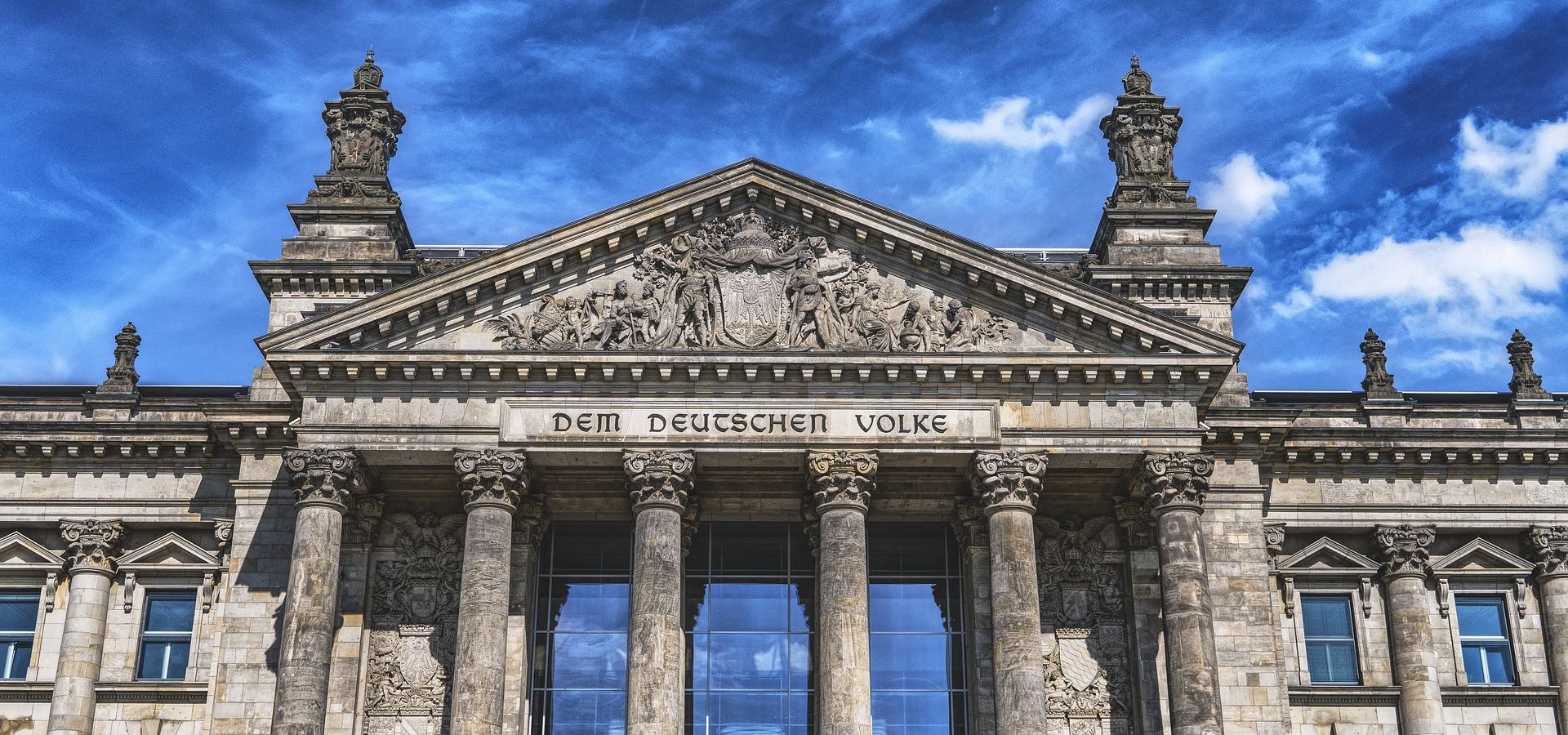Despite polls showing that Germans want more climate protection, Germany’s political parties, with one exception, shun the topic. Paul Hockenos argues that the standstill can’t go on if Germany expects to hit its climate targets.

82% of Germans think that climate change is a big or very big problem (Public Domain)
Germany’s Energiewende, or transition to clean energy, hasn’t gone according to plan – one reason being that there wasn’t a plan to begin with, just a few (indeed very important) laws and, critically, local businesspeople and communities that were chomping at the bit to produce energy themselves.
And over the past 20 years there’s been plenty of obstacles, not least high energy prices and, until recently, the strong-willed opposition of German industry. Moreover, the gigantic project has cost, just in the past five years alone in terms of government investment and costs to consumers, an estimated €160 billion ($184 billion).
Nevertheless, a decade of diverse polls show that Germans have broadly and consistently supported the transition to renewable energies (and simultaneously the phase-out of nuclear- and coal-generated power) usually with 80 to 90% of respondents favoring the transition, about half of those wanting more – and faster.
The newest polls, however, clearly show that ever more Germans are frustrated that the country’s battle to curb climate change isn’t adequate – and they’re holding the politicians to blame.
A new report that the Potsdam research institute IASS will release this month shows that Germany’s foremost concern is that climate protection is happening much too sluggishly, in particular the expansion of renewable energies. (Other sources of unhappiness are its disproportional impact on poorer households and high costs to consumers.) According to a poll conducted by German public television, about three-quarters of Germans say the government is falling short in its efforts to put the brake on global warming.
In fact, Germans are so adamant that climate change be better addressed that, according to a yet another survey, this one conducted for the conservative daily Die Welt, that 85% say they’re doing more personally to aid the cause, including measures such as saving energy at home, eating less meat, and driving less. Furthermore, 73% of Germans want to end coal generation in Germany in the next eleven years (the government refuses to fix a date). And 84% say that the climate is more important than coal production.
This burst of willful concern can most probably be traced to Germany’s record hot 2018 summer and the IPCC report warning of the disastrous impact of climate change if temperatures on earth rise even to “just” 1.5 degrees Celsius. Nearly 70% of Germans, for example, attribute this summer’s record heat wave to global warming; 82% think that climate change is a big or very big problem for Germany. And nearly 70%, in this poll, lay the blame at the foot of the government.
The frustration comes from the fact that the country remains Europe’s largest producer and burner of coal, which covers a third of its power supply. Moreover, emissions in the transportation sector have only shot up, by 20% since 1995 and rising with no end in sight, say experts. On the EU level, Germany even waters down legislation intended to reign in transportation emissions – a consequence of pressure from the country’s powerful automobile lobby.
The government that Germans squarely blame for the plodding pace is Chancellor Angela Merkel’s centrist coalition comprised of Christian Democrats (CDU/CSU) and Social Democrats (SPD). Their pique is most intensely directly at the SPD: only 5% think the party has decent policies to drive the Energiewende forward. Even among its members, only one in five approve of the party’s energy policies.
It is thus not much of a leap in reason to hold the climate and energy policies of the leading parties responsible for their precipitous falls in favor: in the past years’ elections and in current polls that show both parties with record-low popularity. In recent regional elections, the results showed an enormous migration of voters from the Christian democrats and SPD to the Greens, the one party that unabashedly prioritizes climate protection. The 20% support that the Greens now boast in national surveys is, among other reasons, attributable to their sensible climate policies.
What accounts for this strange state of affairs in such a poll-driven era of politics? Why don’t the centrist parties (and this goes for the liberal Free Democrats too) jump on the bandwagon, get with the program?
The answer is dispiriting: they seem to consider climate and renewable energy marginal topics that are occupied by the Greens. Apparently, they feel that addressing these topics as urgent priorities would only drain voters from their ranks and feed the Greens.
But another factor is that the government parties no longer have leading environmental experts at their fronts, the way the CDU/CSU once did with Norbert Röttgen and Josef Göppel, and the SPD with the late Hermann Scheer.
Among other reasons, the government parties’ stance is extremely hurtful and misguided as it saps the debate about climate protection of diversity of opinion on the vast array of issues that arise in shifting an industrial country’s energy supply and adapting to the effects of climate change.
Germany’s political parties might learn something from the very recent 180-degree course reversal of German industry. Polls showed Germans just as critical of Germany’s private sector as the government on energy and climate questions. Last year, Germany industry obviously saw the writing on the wall – and now wholly embraces the Energiewende and also argues for its acceleration.
Industry’s lobby groups advocate an Energiewende from which they will profit. Judging by the votes and the surveys, political parties could profit from doing the same.